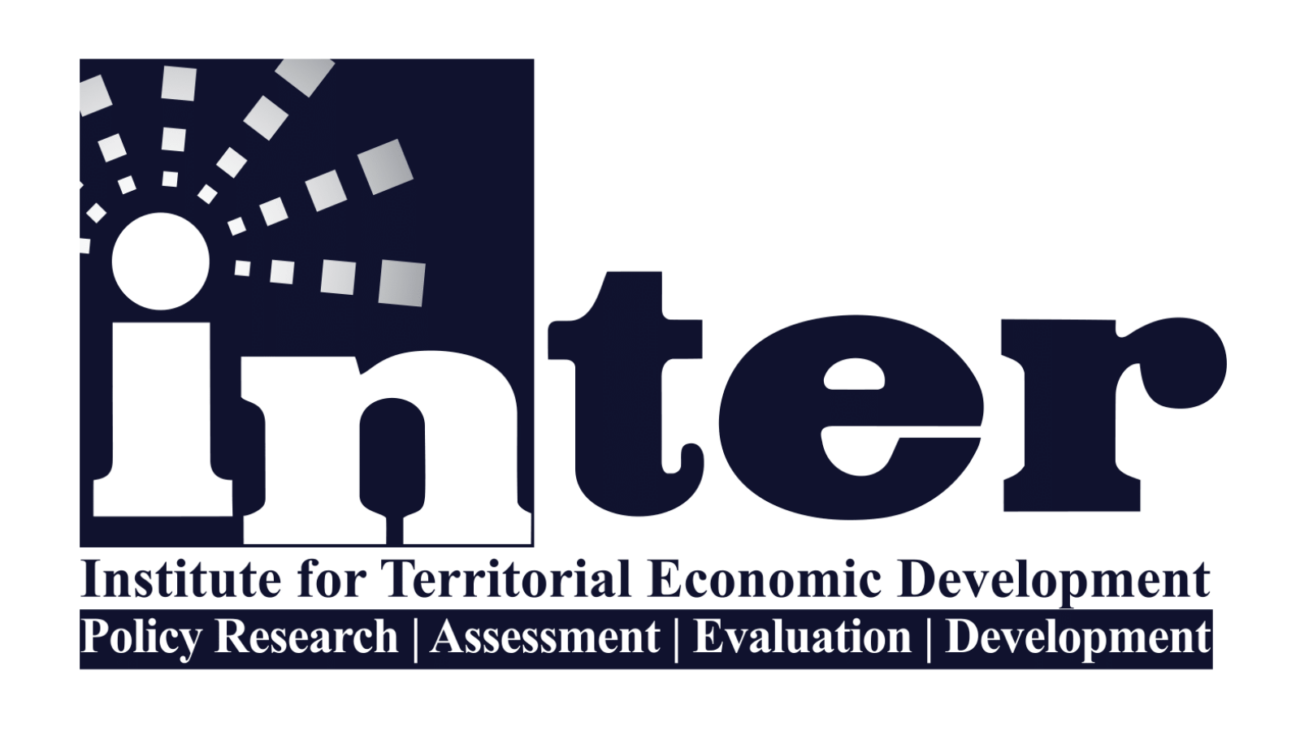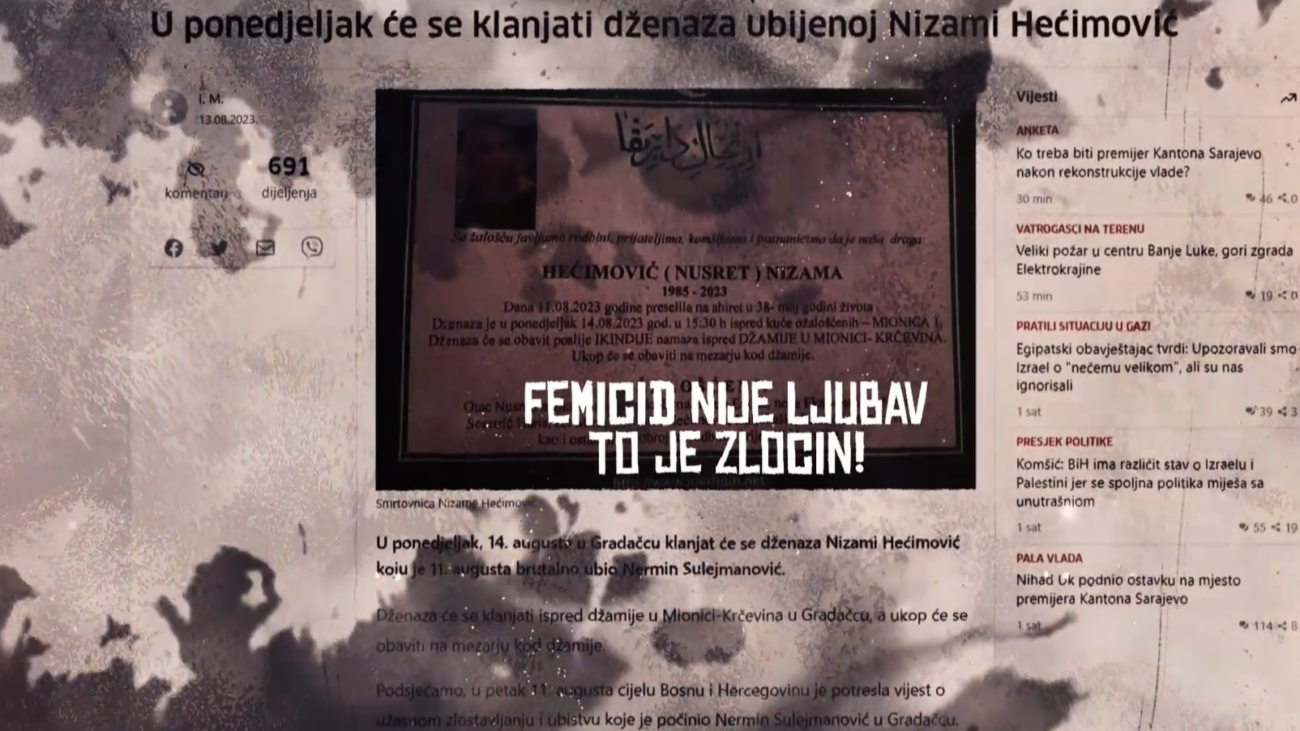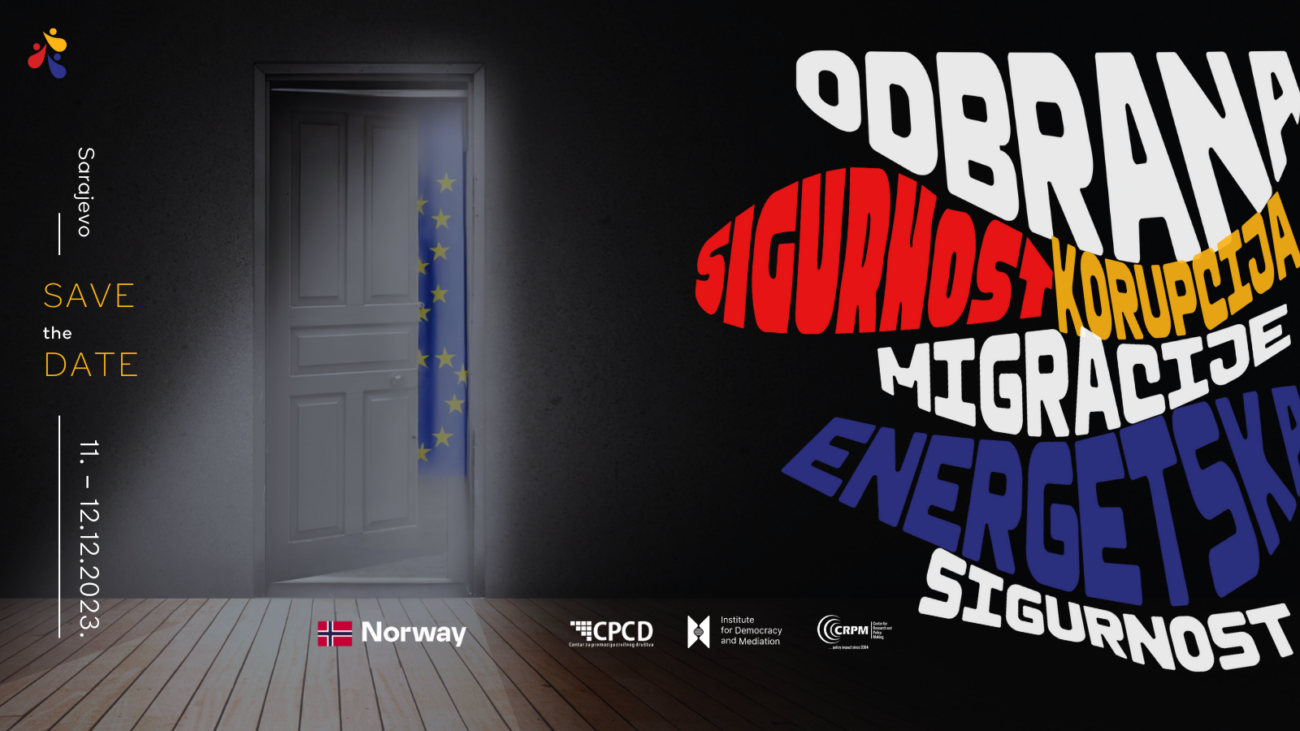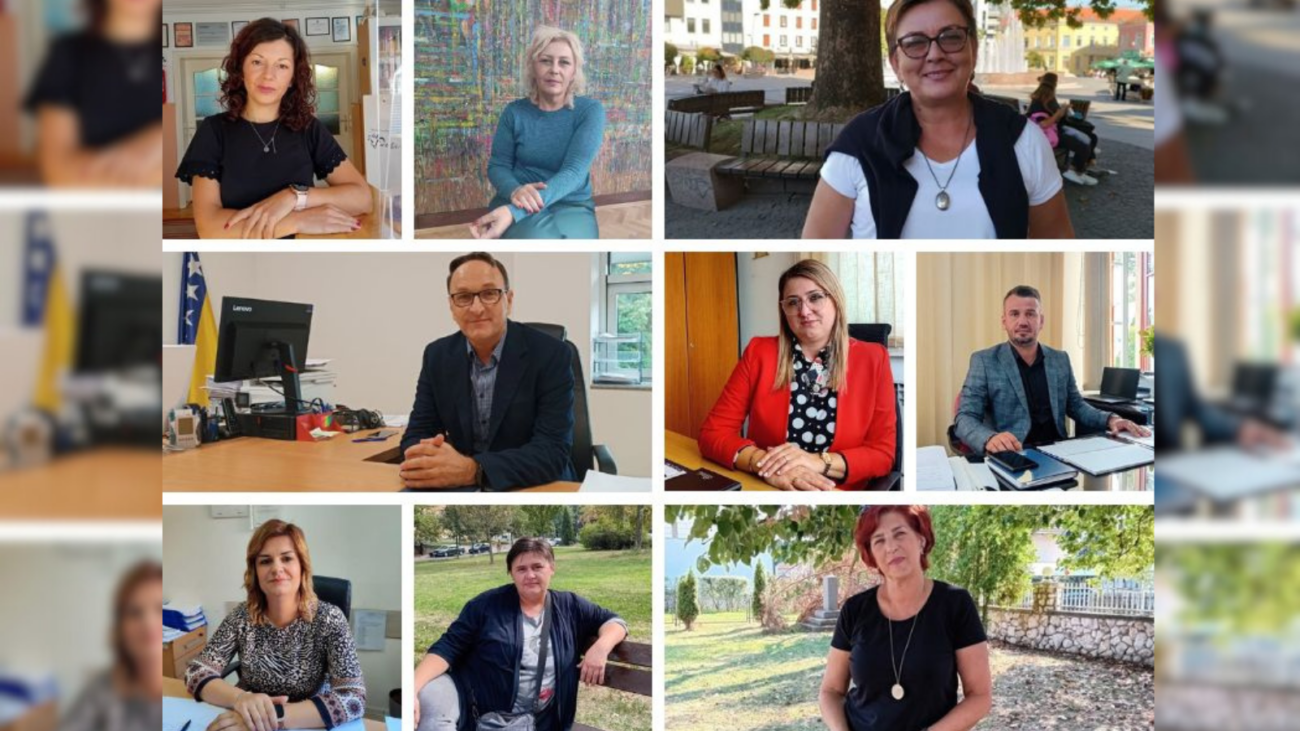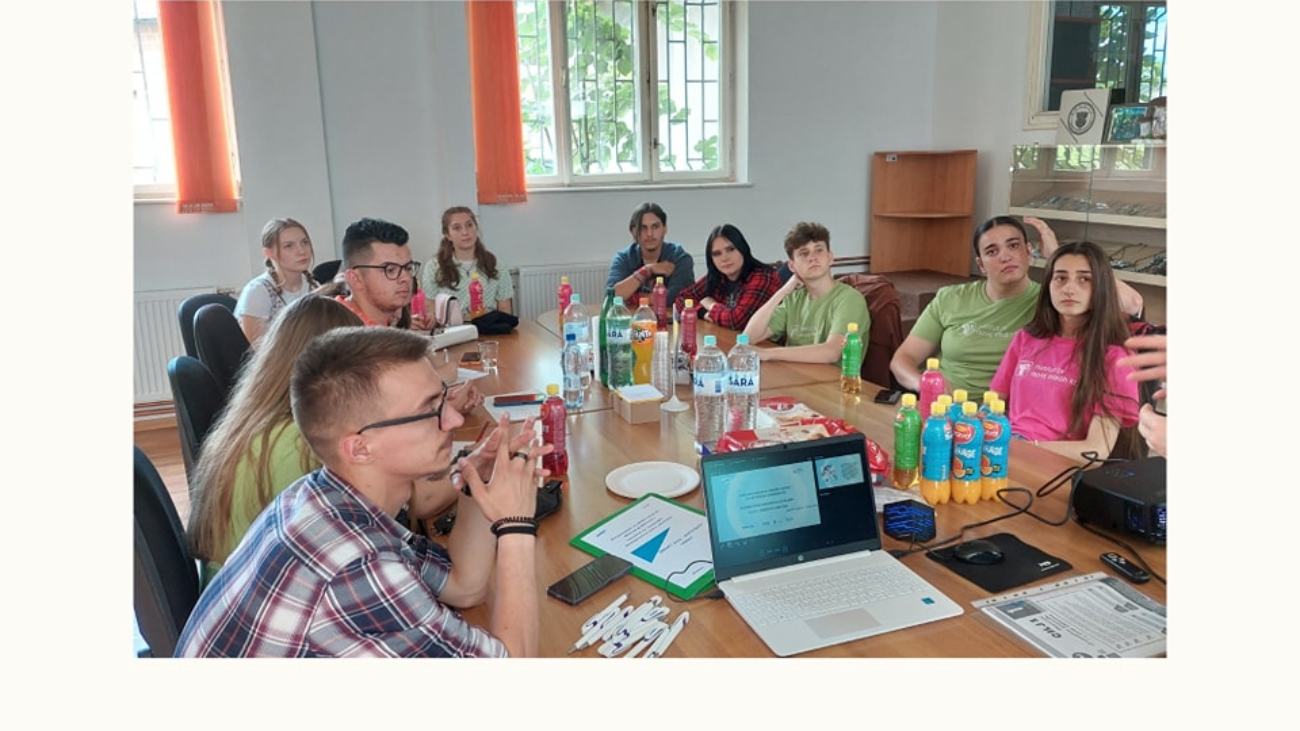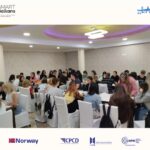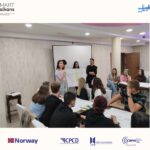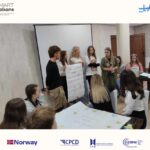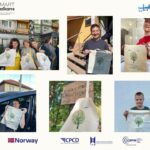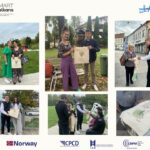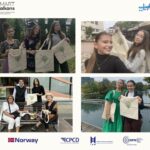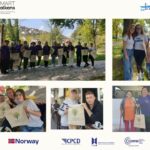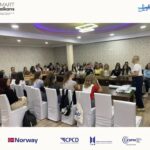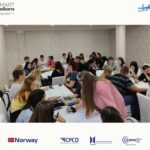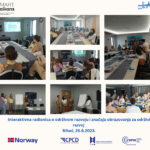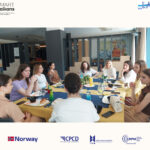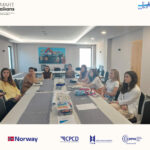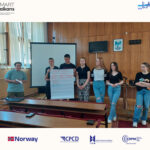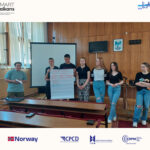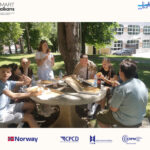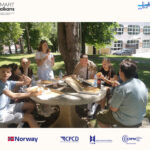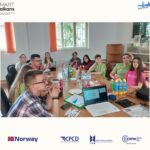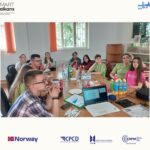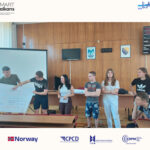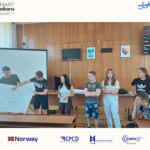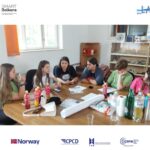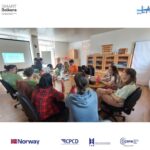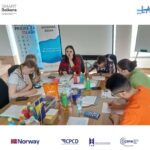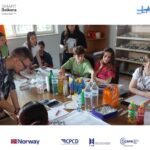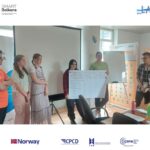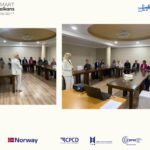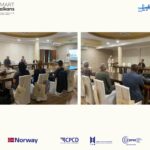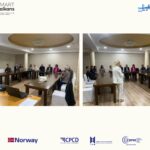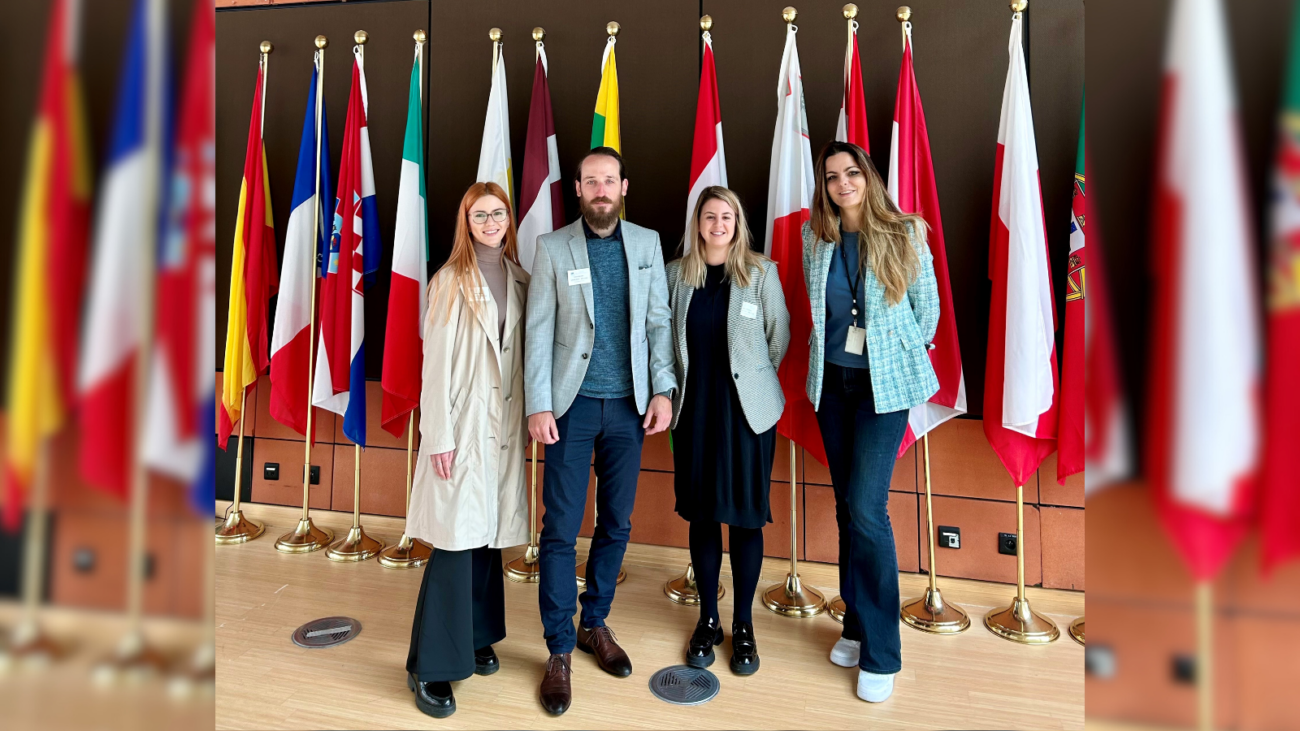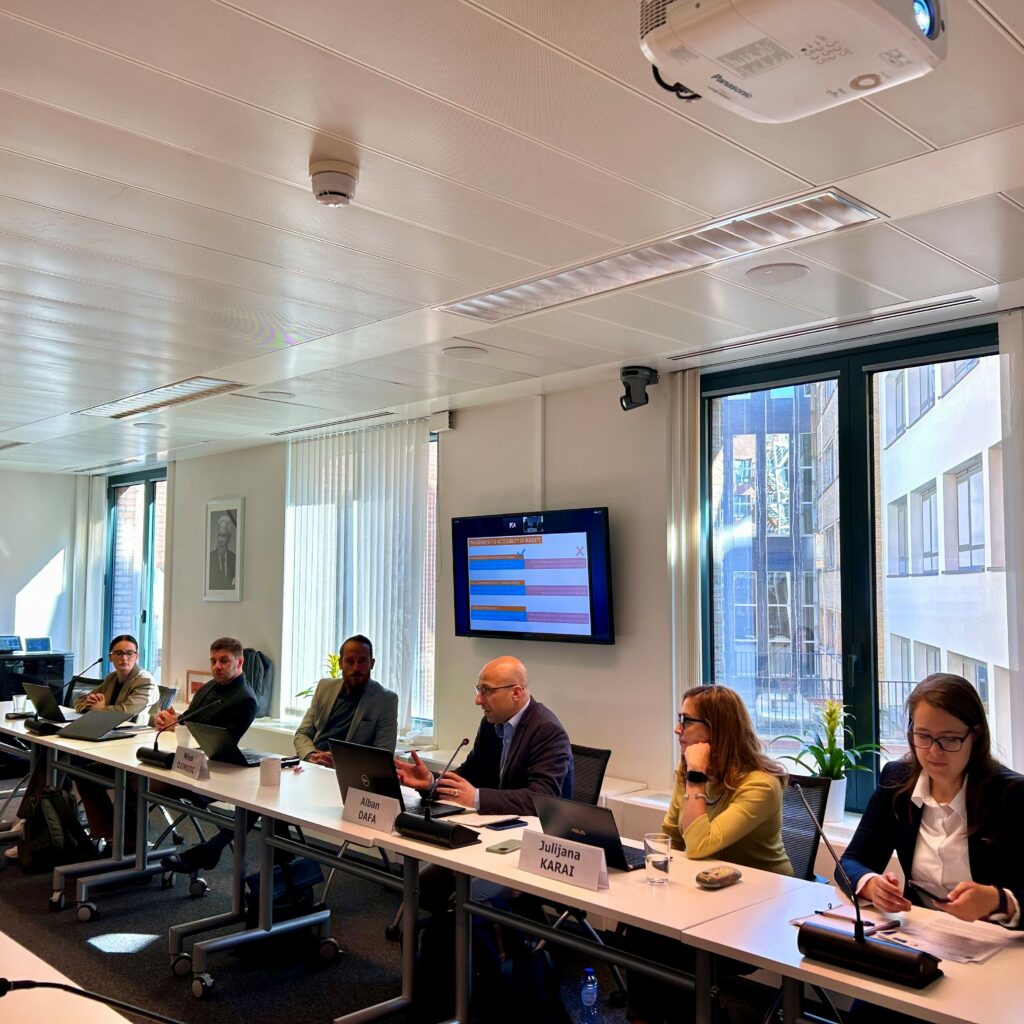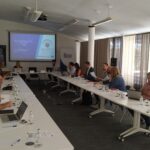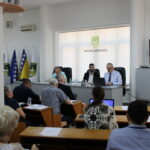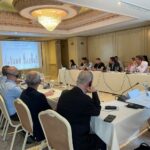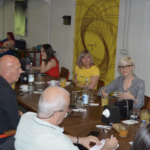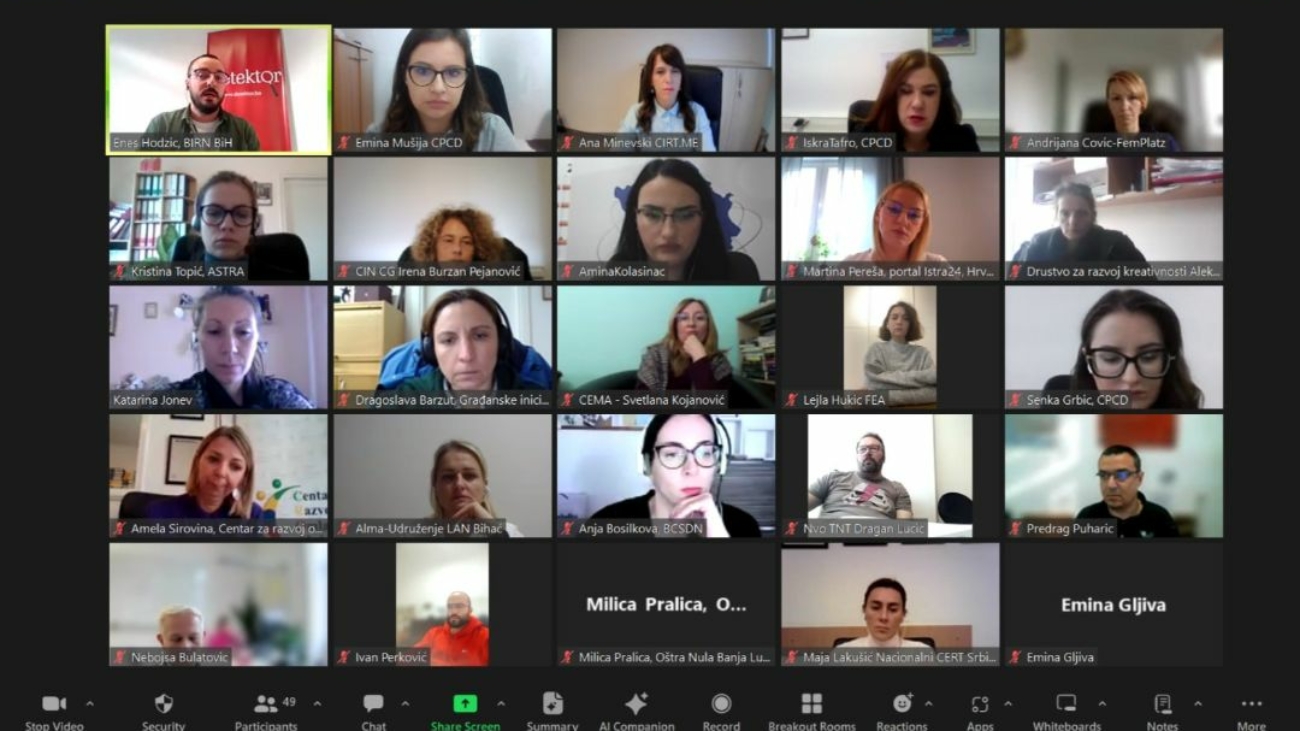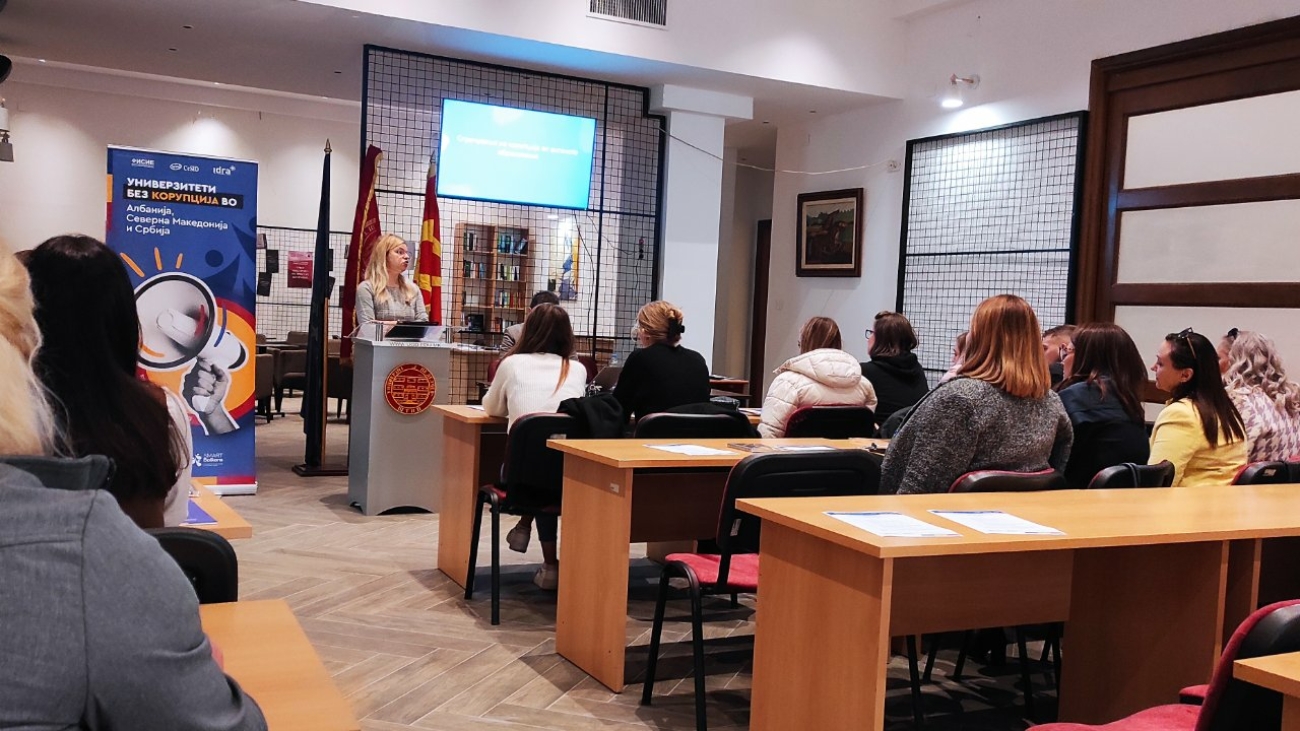Public attention measurements during the research have shown a significant reaction and engagement of stakeholders in identifying shortcomings in the prevention and protection chain, as well as efforts to offer possible solutions.
In the following text, we highlight statements from some of the interviewees in the series of articles, addressing potential improvements ranging from the institutional response to family violence reports, the legal aspect of the issue, the capacity of social welfare centers, to the economic empowerment and assistance to victims during trauma recovery.
Supported by the SMART Balkans project – Civil Society for Shared Society in the Western Balkans, the independent online portal Megafon.ba, based in Tuzla, has been conducting a campaign/investigation titled “Justice for Victims of Family Violence” since September 1, 2023, under the slogan STOP FEMICIDE.
Twelve articles planned by the research have been published so far, eliciting numerous reactions from the audience, interviewees, and those involved in the process. Judging by these reactions, the content has attracted significant attention.
The campaign has pointed out deficiencies in the family violence prevention chain, i.e., femicide, and crystallized possible responses of the system to crisis situations.
The campaign has another significant dimension, showing that the media plays a crucial role in social processes and can influence public awareness of a specific problem. It also demonstrated that serious, analytical, and professional treatment of topics, without sensationalism, can indeed provoke a reaction from the broader social community.
You can read the articles on Megafon.ba/Megafon Online. The views on the Facebook social network are enormous, with over 13,000 people reading the articles, and the articles have been shared 115 times (so far) on Facebook, with reactions in the form of likes in more than 8,000 cases.
The research, supported within the framework of the SMART Balkans Ad Hoc grants, was planned to detect possible system deficiencies. However, Megafon’s research has achieved higher results, as the articles have offered practical solutions.
Here are some examples mentioned by Megafon.ba interviewees in the series of published articles. The triple murder in Gradačac committed by Nermin Sulejmanović, i.e., femicide against his unmarried spouse Nizama Hećimović, immediately prompted action by stakeholders in the victim protection chain to amend the procedures in critical situations.
One of the interviewees in Megafon’s articles, Danijela Huremović, the director of the Safe House in Tuzla, says, among other things, that “it is urgent to expedite the procedure of proving the criminal act of family violence, which can result in certain penalties for the perpetrators. This implies seriousness in approaching reports of family violence and ensuring the safety of the victim, sending a message that the system has responded immediately, urgently, and appropriately. It is also a message to the perpetrator that they cannot behave as they thought they could,” said Huremović.
The President of the Municipal Court in Tuzla, Muhamed Tulumović, warned about the fact that the regulations in this area are a decade old and need to be changed. He also mentioned in an interview with Megafon that he has tried, along with his colleagues, to at least improve the current procedures.
“I came up with the idea, and I presented this proposal to the president of the criminal department and the judges of that department who accepted the idea, that these cases should be taken up and resolved immediately. For example, the first hearing will be scheduled, and during that hearing, it will be immediately determined how many days it will take to conclude the case. In other words, the trial will proceed continuously without postponing hearings for an extended period. This is called a ‘day-to-day’ trial. This is also how cases of corruption and organized crime are handled. And now, we indeed have only 14 unresolved cases of family violence,” said Tulumović.
Additionally, it is worth noting, in the context of potential systemic changes, the question posed by Amira Avdić, the president of the “Heart and Soul” Women’s Association in Prokosović near Lukavac. She raised the question of why a woman has to leave her home for a safe house, while a man does not have to. She also questioned why the victim has to go through the most challenging part of the procedures after reporting violence.
“The mechanisms, methods, laws, all of that exists in our country, but it is not applied. It depends on whom it is applied to. We have the procedures on how to protect the victim. However, there needs to be synergy. She doesn’t have to personally go and report, go through certain procedures. In the case of Nizama Hećimović, when she sought refuge with her family, no one dealt with her anymore. It should not happen that a woman has to go from one institution to another to tell what happened to her, while he freely walks around and behaves as he pleases. Perhaps the other side needs to be investigated as well,” said Avdić.
One of the crucial links in the chain of assistance to victims is the social welfare centers. In the previous part of Megafon’s series, discussions were held with responsible individuals in social welfare centers in Gradačac, Tuzla, and Kalesija. All the interviewees point out the lack of human capacity in the centers, i.e., the overload of employees with obligations from federal laws regarding various citizens’ rights to social assistance.
The solution they propose is the employment of experts whose work with victims of family violence would be a specific area. In the case of Kalesija, they have begun implementing one of the suggested solutions. Namely, the Municipal Council of Kalesija adopted an initiative to establish a department for premarital counselling at the Social Welfare Center in Kalesija.
In Gračanica, the non-governmental sector, in collaboration with the City Council, has initiated numerous steps. In addition to the “panic button” on the city’s website, they are working on a solution for victims who may not have internet access. The coordinator of the local informal Women’s Lobby Group in Gračanica, Larisa Suša, spoke about the idea they are already working on in practical terms – installing boxes in local communities for reporting family violence.
“Everything we have submitted so far, constructive proposals, all have been adopted. Not always in the form we want, but they have been adopted. Every government at first says something cannot be done. But when you persistently go ten times and work diligently, when you are so ‘annoying’ and argue certain things, people simply see that there is a need for what you are asking for. And when you approach with arguments and good intentions, no one will reject you. We see that there are already changes happening on the ground,” says Suša.
Members of the Tuzla Canton Assembly, Amra Nadarević Vodenčarević, Silva Banović, and Mirela Memić, although from different political parties, are part of an informal women’s group within the Assembly of Tuzla Canton. They aim to, as one of the interviewees stated, “keep the issue of femicide hot”.
They have proposed numerous ways to address this issue, from announcing the formation of certain institutions, changes in laws, especially stricter punitive policies that could extend to depriving perpetrators of family violence and related crimes of legal capacity.
Megafon’s research on “Justice for Victims of Family Violence” continues until the end of November and includes the publication of three more articles in the research series, as well as a final review of the research results, primarily focusing on the significance of the media campaign that further encourages authorities to address issues that are often swept under the rug.

